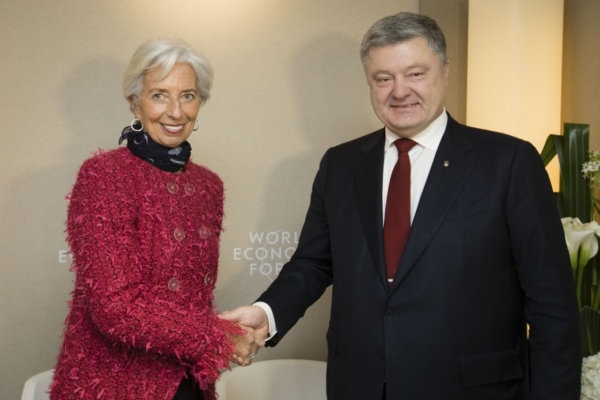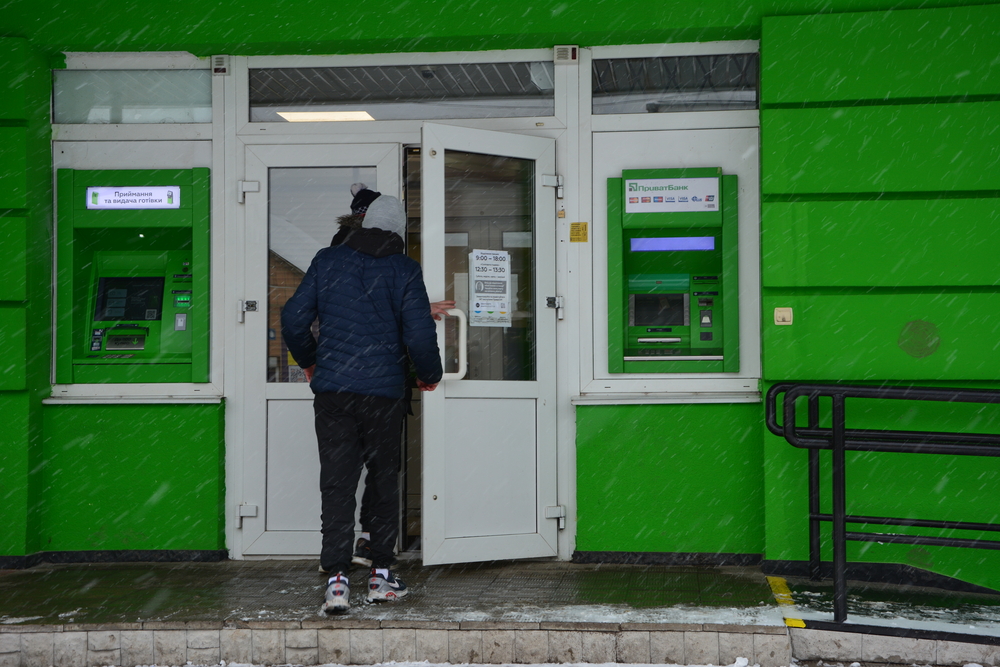This mixed performance is the reason why FDI inflows amounted to less than 2% of GDP in 2017; a low value in regional comparison.
The latest developments in reform policy are not very promising. The speed of reforms has slowed down; partly even a regress could be observed. Several factors have contributed to this development. After its successful macroeconomic stabilization, the country is less dependent on donor funds; access to the international capital market has been regained and next year presidential and parliamentary elections will take place. All this has led to an interruption of the international loan programs with the IMF and the EU.
It is difficult to make projections on the course of reforms in 2018. Events to be watched are upcoming personnel decisions at the National Bank and also whether the reform-oriented senior staff will remain at the Ministries of Finance and Economy.
Reform success stories since 2014
Since the beginning of 2014, Ukraine has implemented many substantial reforms. The banking sector has undergone radical changes – against the interest of many oligarchs. Of the 180 banks operating in the beginning of 2014, only 86 are active today; the largest financial institution, the insolvent PrivatBank, has been nationalized. Banking supervision has significantly improved. Due to severe measures, taken by the National Bank and its former Head Hontareva, macroeconomic risks in the form of an exchange rate or a financial crisis could be significantly reduced. Additionally, the separation of oligarchic interests from the credit sector enables a ‘level playing field’ for borrowers. While previously a large share of loans has been issued to oligarchs, future loans should be granted mainly to the best investment projects. This is a central precondition to restructure the economy in favor of small and mid-size companies.
Also, reforms in the energy sector have been significant. The deficit of Naftogaz in 2014 amounted to more than USD 7 bn (5.5% of GDP); today the company is the largest taxpayer and paid substantial dividends. Additionally, the security of energy supply has been improved.
Finally, the improved monitoring of state expenditures has to be mentioned, which is, among others, a result of the transparent electronic procurement platform ‘ProZorro.’
The above-mentioned examples illustrate the indisputable reform success the country has reached since 2014.
Weaknesses of reform policy since 2014
At the same time, it should not be concealed that the reform needs in many fields are still very large. This is the case in the judiciary system, respectively the ‘rule of law’, but also with regard to the customs authorities and partly to the tax administration. The lack of reforms in these fields explains the still problematic business climate.
Also, the situation of state enterprises is unsatisfying. On the one hand, governance remains an issue; on the other hand, privatization makes little progress. According to the Budget 2017, revenues from privatization should have amounted to UAH 17 bn; in reality, only UAH 3.4 bn were collected.
The speed of reforms since 2014
The research network VoxUkraine has developed an index to describe the reform speed in Ukraine. The indicator can vary between -5 and +5. Aggregated reform performance covering five fields (e.g. business climate and public finances) has been between 0 and +2 since the index was established in 2014. The positive value indicates that the country is moving forward in the reform process. At the same time, the low value reflects that the speed of reforms is too slow. According to VoxUkraine, a value of more than +2 would be acceptable.

Additionally, the low value of FDI inflows shows that the reform speed is only moderate. FDI inflows have been less than 2% of GDP in 2017, which is a low value in regional comparison.

Latest developments: Reason for concern
Recently, the reform speed has slowed down significantly; partly even a regress took place as the following examples illustrate. Gas prices should have increased automatically in accordance with a formula, but this didn’t happen. The moratorium on the sales of agricultural land has been prolonged once more and the newly created anti-corruption authorities experience strong pressure from the Office of the Prosecutor General. Also, the required anti-corruption court has not been created yet. Thus, the IMF’s ‘to do list’ is continuously increasing and the programme’s future remains unclear. Also, the EU has not disbursed the last tranche of macro-financial assistance. Additionally, populistic measures like the strong pension’s increase and another increase in the minimum wage, which had been doubled in the beginning of 2017, are threats to the reform achievements.
An unpleasant highlight has been the draft law ‘Buy Ukrainian, Pay Ukrainians‘, which has been passed by Parliament already in the first reading. According to the draft, Ukrainian products shall be preferred to foreign ones in public tenders, even if they are up to 40% more expensive. This protectionist measure is neither compatible with the DCFTA nor with WTO provisions. Additionally, it puts a burden on the taxpayers, creates bureaucratic barriers and incentives for corruption. The adoption of the law would heavily undermine the procurement platform ProZorro, which has been established by the 1. Deputy Minister for Economy, Max Nefyodov, and has been an important reform achievement.
How can these negative developments be explained?
Several factors have contributed to these developments. First, a macroeconomic stabilization took place and the country is now much less dependent on IMF funds than in 2014/2015. Second, with the successful placement of a 15-year Eurobond amounting to USD 3 bn in September 2017, Ukraine has regained access to the international capital market. Third, political analysts emphasize that after the DCFTA and visa liberalization the EU is now lacking instruments to incentivize further reforms from outside. Finally, presidential and parliamentary elections are to be held in 2019; and it is well known that politicians avoid implementing reforms in the runup to elections.
Outlook
The trajectory of reform policy in 2018 is yet unclear. The leverage of the IMF and international donors has significantly weakened after the country’s successful macroeconomic stabilization and the EU visa liberalization. At the same time, Ukrainian politicians are already preparing themselves for the election campaign in 2019; this considerably reduces the will for further reforms.
Taking into account these uncertainties it is important for international donors to monitor the situation closely. In this context, appointments to key positions are to be watched, such as the appointment of Ms. Hontareva’s successor as Governor of the National Bank. This position is vacant since May 2017 and should be filled with a qualified expert as soon as possible. Recently the President suggested the Acting Governor, Mr. Smolnyi. However, this suggestion remains to be confirmed by Parliament. Additionally, the Ministries of Finance and Economy play a central role in economic policy. Also here it is important to observe which positions reform-oriented senior staff takes towards the described challenges.
Authors: Dr.Ricardo Giucci, Robert Kirchner, The German Advisory Group Ukraine
Read more:








